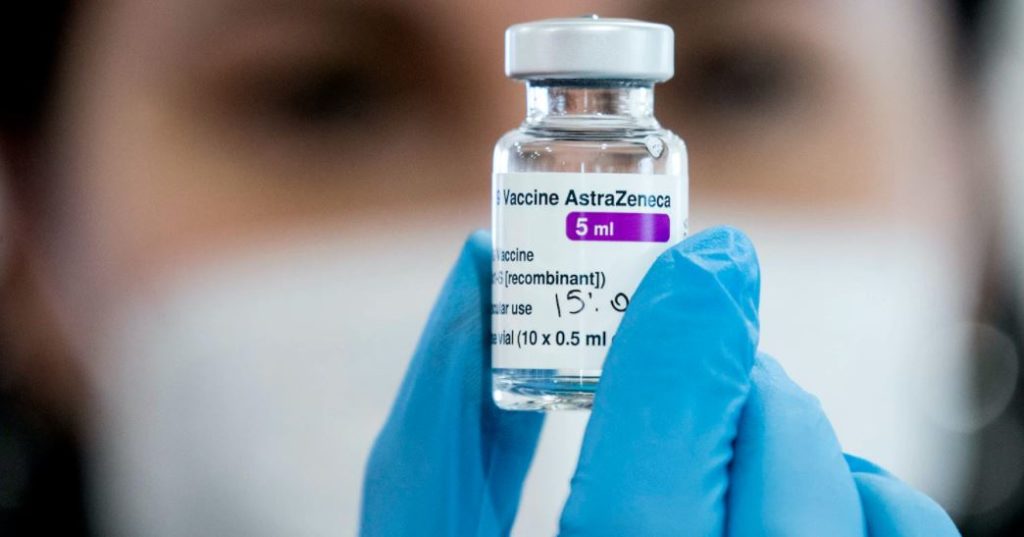An interval of several months between the first and second dose of the AstraZeneca coronavirus vaccine could boost its immune response to the virus, according to a study published on Monday by Oxford University.
The study by the England-based university, which developed the vaccine with the Anglo-Swedish pharmaceutical group, also found that a third dose given more than six months after the second dose increased antibody levels, including against variants.
"This should come as reassuring news to countries with lower supplies of the vaccine, who may be concerned about delays in providing second doses to their populations," said Professor Sir Andrew Pollard, Professor of Paediatric Infection and Immunity and Lead Investigator of the Oxford University trial of the vaccine.
Related News
- 'Staying ahead of the virus': AstraZeneca tests modified vaccine against variants
- Brussels stops giving AstraZeneca vaccine to new people
The supply shortages of AstraZeneca's coronavirus vaccine have cause problems for the vaccination rollout of several countries, including in Belgium, where many people aged over 65 or those with underlying conditions are left waiting longer than non-risk people to be fully vaccinated due to delayed deliveries.
A previous Oxford University study published in The Lancet in February had already indicated that the vaccine was more effective with a three-month interval between doses (82%) than after a six-week interval (55%).
The recent findings also support the reasoning of many countries to consider administering a third ‘booster’ dose in the future, as researchers found that the efficacy of the vaccine increased significantly with a third dose.
"This is very encouraging news if we find that a third dose is needed," said Associate Professor Teresa Lambe OBE, lead senior author for vaccine studies.
The study also found that lower incidents of side effects were reported after second and third doses than after first doses.

